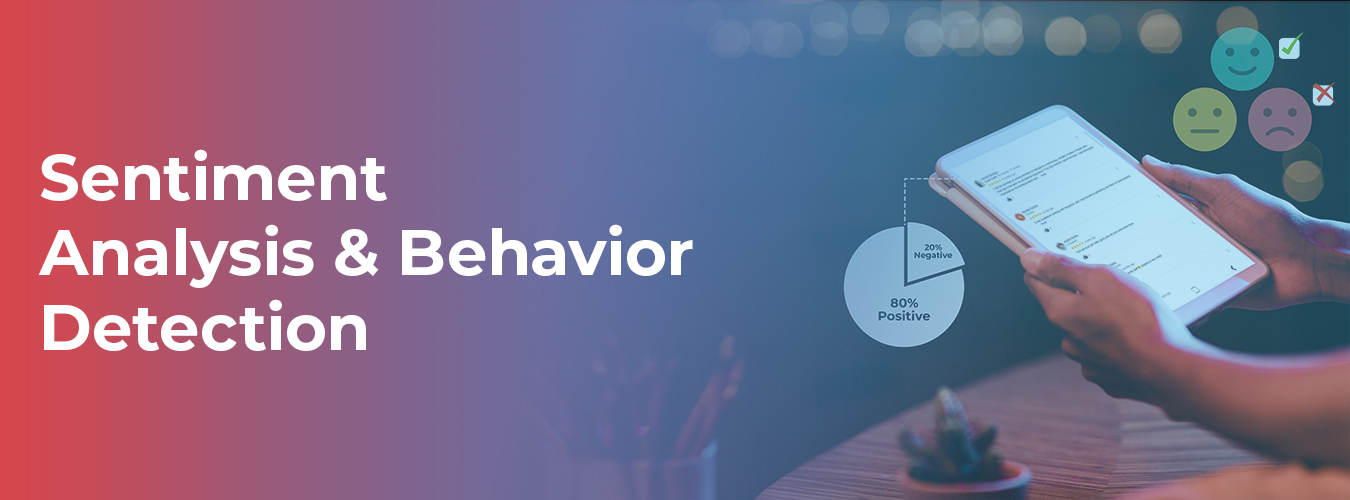Data Validation plays a pivotal role in the functionality of modern Artificial Intelligence (AI) and machine learning (ML) systems. It provides the essential training data for algorithms, making it a crucial component of your business’s data strategy. This blog will delve into the understanding of data validation, its comprehensive need to perform, and when it is performed. Discover how these services reshape and enhance your business strengths and revolutionize data-driven decision-making. Explore Macgence’s Solution and gain valuable insights into the evolving landscape of data validation services. Join us on a journey to harness its full potential for your business needs and be one step ahead of your competitors.
What is Data Validation?
Data validation is a process that involves checking the accuracy and quality of source data before it is imported or processed. This can involve various types of validation, depending on the constraints or objectives of the destination. In essence, data validation is a form of data cleansing that ensures the integrity of your data.
Why perform data validation?
When moving and merging data, it’s essential to ensure data from different sources and repositories conform to business rules and not become corrupted due to inconsistencies in type or context. The goal is to create consistent, accurate, complete data to prevent data loss and errors during a move.
When is data validation performed?
In data warehousing, data validation is often performed before the ETL (Extraction Translation Load) process. A data validation test is performed so analysts can get insight into the scope or nature of data conflicts. Data validation is a general term and can be performed on any type of data, type using data within a single application (such as Microsoft Excel) or when merging simple data within a single data store.
How is data validation used in a business environment?
Any business, small or global, should incorporate data validation processes in their workflows. Inaccuracies in data end up causing a waterfall effect that could result in lost revenue, missed opportunities, and bad decisions. The importance of data validation cannot be overstated, as it is a crucial step to ensure the accuracy and reliability of your data.
Unless the organization has the utmost confidence in the integrity of its data, there’s no guarantee that the outcome of its analysis will be accurate. Since most conclusions are based on facts and figures, proper data checks must be in place so that they can ensure the quality and soundness of the data being gathered. The outcome is only as good as the input; hence, the analytics are valid only if the data they use is validated.
Any company’s business development team depends heavily on accurate and reliable data. Imagine the amount of wasted effort and time if the team is working with incomplete numbers or invalid email addresses. If the data goes through proper validation checks when collected, the final data set will contain high-quality, verified information valuable to the team.
Properly validated data is required at all stages of the business process. Manual processing is usually impossible because of the massive amounts of data an organization works with. Data validation software, on the other hand, operates in the background and provides stakeholders with reliable information that can be used to make relevant, accurate decisions in the given scenario.
Along with validating the inputs and values of data, the data model must also be vetted. Data models built incorrectly or without a structure will create issues when applications and software try to use the data files. For any analysis to be accurate, the data files must be validated for their content and structure. Cleansing the data to ensure its integrity will eventually confirm the conclusions’ legitimacy.
Benefits of Data Validation

Data validation checks the collected data’s quality and accuracy before analyzing and processing it. It verifies that all of your information is present and correct. Validating data, however, is a time-consuming process that can severely delay analysis. But the value it brings is immense. It improves the efficiency of data, reveals new data insights, identifies inaccuracies, and enhances customer satisfaction. So, the question arises: is data validation worth the delay?
Let’s look at some of the most important benefits of data validation.
Improves the Efficiency of Data
Data validation ensures that datasets are accurate and complete before analysis. This leads to error-free data, which is needed for future research or machine learning model training, ultimately saving time and resources.
Reveals New Data Insights
Data validation helps businesses discover hidden patterns and relationships in their data that may have previously gone unnoticed. This can give them a more comprehensive understanding of their operations and the factors that drive their success. With this knowledge, businesses can make better decisions to generate growth and profitability.
Identifies Inaccuracies
Accurate data is essential for businesses to make informed decisions but can only be attained with data validation. Data validation helps identify and fix data inaccuracies so business decisions are based on reliable evidence. That way, costly mistakes are avoided, and businesses can operate with greater efficiency, lower risk, and improved profitability.
Take sales data as an example: Data validation can detect duplicates or missing entries, allowing businesses to understand their sales performance better and make decisions that lead to growth.
Enhances Customer Satisfaction
By using accurate and reliable data, businesses can provide better products and services, ultimately leading to greater customer satisfaction. When companies make decisions based on accurate and reliable data, they can better understand their customers’ needs and preferences and provide products and services that meet them. This leads to increased customer loyalty and repeat business.
Why do organizations need data validation?
Data validation helps organizations eliminate issues that could be caused by data decay. Even though it is not a complete solution, it assists organizations in checking for missing, incomplete, inaccurate, and inconsistent data that could inadvertently affect the outcomes for which the data is intended. However, the validation process is only helpful during input time rather than processing since data changes over time. Organizations need to employ data validation processes because:
- It is easier for engineers to work with validated data. This way, they do not waste time on inaccurate data and can work faster with confidence.
- It is a proactive technique to ensure issues are identified and resolved before they find their way to the end users. Being proactive, it also promises accurate and easy-to-understand data to the entire organization.
- Cleaning and validating data after it is in the system costs more money and time. Not only does it negatively affect the company’s revenue, but it also disrupts the regular workflow.
- By saving time and money at later stages of analysis, data validation is cost-effective if used at the appropriate stage of data collection, stageoves redundancy in data sets.
- It enhances the quality of data being collected and the outcomes and, thus, is pivotal to the business’s success.
- It helps create standard datasets and clean data sets, which implies efficient processes and workflows.
- A lot of time is saved when valid and accurate marketing lead lists are built and maintained since there are fewer failed attempts
- It assures valuable and correct insights, without which defects could be overlooked, and errors would creep into the analytics.
Choose Macgence for your Data Validation Services

Just as a recipe delights the palate, a meticulously validated AI model produces exceptional results. At Macgence, we comprehend the intricacies of model validation, data validation, and continuous monitoring. Through the seamless integration of these rigorous processes, we establish trust, reliability, and effectiveness in AI systems. Opt for Macgence for unparalleled Data Validation Services and guarantee that your AI solutions consistently uphold accuracy, reliability, and alignment with your business objectives.
Let Macgence be your collaborative partner in constructing robust and dependable AI solutions. Ensure the enduring success of your AI applications by leveraging our expert data validation services. With Macgence, you gain the assurance that your AI endeavors are fortified with precision and resilience, driving excellence in performance and outcomes.
Conclusion
In conclusion, data validation is critical in numerous industries: healthcare, autonomous vehicles, retail, finance, and agriculture. Accurate and reliable validation can enhance various strategies and structures’ safety, performance, and effectiveness. As industries continue to rely more heavily on data and ML, the importance of data validation services will continue to develop. Therefore, businesses must invest in remarkable validation services and ensure their data validation processes are correct and consistent. Organizations can unlock new possibilities for growth, innovation, and achievement with the proper technique for data validation.
FAQs
Ans: – Data validation ensures accurate and reliable data for training AI models, which is crucial for trustworthy predictions and decision-making.
Ans: – Macgence uses advanced techniques like duplicate elimination, real-world data validation, and continuous monitoring to guarantee data accuracy.
Ans: – Continuous validation ensures AI models remain accurate over time, adapting to changes and ensuring reliable performance.




